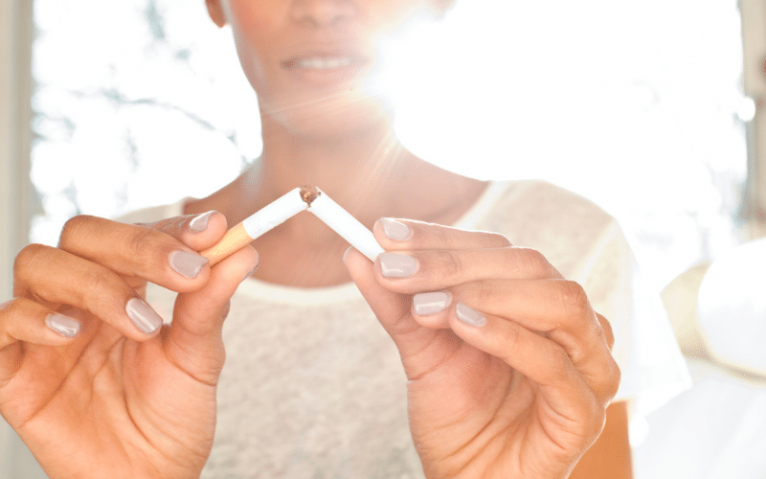A new study published in Science Daily finds that alcoholics in recovery who smoke are at a greater risk for alcohol relapse. Traditionally recovery has included therapy for all mind and mood-altering substances but left cigarettes out of the equation. Now scientists are finding verifiable evidence that ceasing nicotine abuse could be the secret that helps people stay sober, preventing alcohol relapse. According to this study, quitting smoking can prevent alcohol relapse, let’s explore it more in-depth.
Smoking and Alcohol Abuse Are Common Co-Occurring Disorders
Most adults who have problems with alcohol abuse also smoke cigarettes; most recovering alcoholics smoke as well. In the groups that smoke and are still actively using alcohol, the craving to smoke is much more intense once the alcohol hits their system. Many are finding it difficult to drink without smoking.
Those in recovery continue to smoke for fear of removing another substance from their daily routine. Local Alcoholics Anonymous meetings commonly have large crowds outside the meeting smoking cigarettes. In alcohol abuse recovery, smoking creates a bond between members and technically doesn’t give them the high alcohol or drugs do.
Since the study has been released, many fearing alcohol relapse are beginning to attempt to quit smoking, which many find much more complicated than putting down the drink.
“Quitting smoking will improve anyone’s health,” says Renee Goodwin, Ph.D., associate professor in the Department of Epidemiology at the Mailman School of Public Health.
“But our study shows that giving up cigarettes is even more important for adults in recovery from alcohol since it could prevent alcohol relapse.”
Researchers involved in the study followed 34,653 adults in alcohol abuse recovery. They were assessed at two intervals, three years apart from each other. In the survey, daily smokers were twice more likely to suffer an alcohol relapse compared with nonsmokers.
Quitting Smoking Can Prevent Alcohol Relapse
Behavioral and neurochemical links between smoking and alcohol could be potential causes of smoking and alcohol relapse. For many in alcohol recovery, their drinking and cigarette use began at the same time. This would cause a psychological link between the two that could take years to break.
Alcoholics who stray away from their treatment plans and 12-step groups and continue smoking lose the recovery community’s influence. This can pull them towards alcohol relapse by the internal link of cigarettes and alcohol.
Many in recovery groups caution people not to quit too many things at once. They retain their nicotine addiction during recovery. Now science has unequivocal proof that quitting smoking and drinking simultaneously is the way to go.
There are Nicotine Anonymous groups available in most cities across the US. These resemble the 12 steps of AA.





